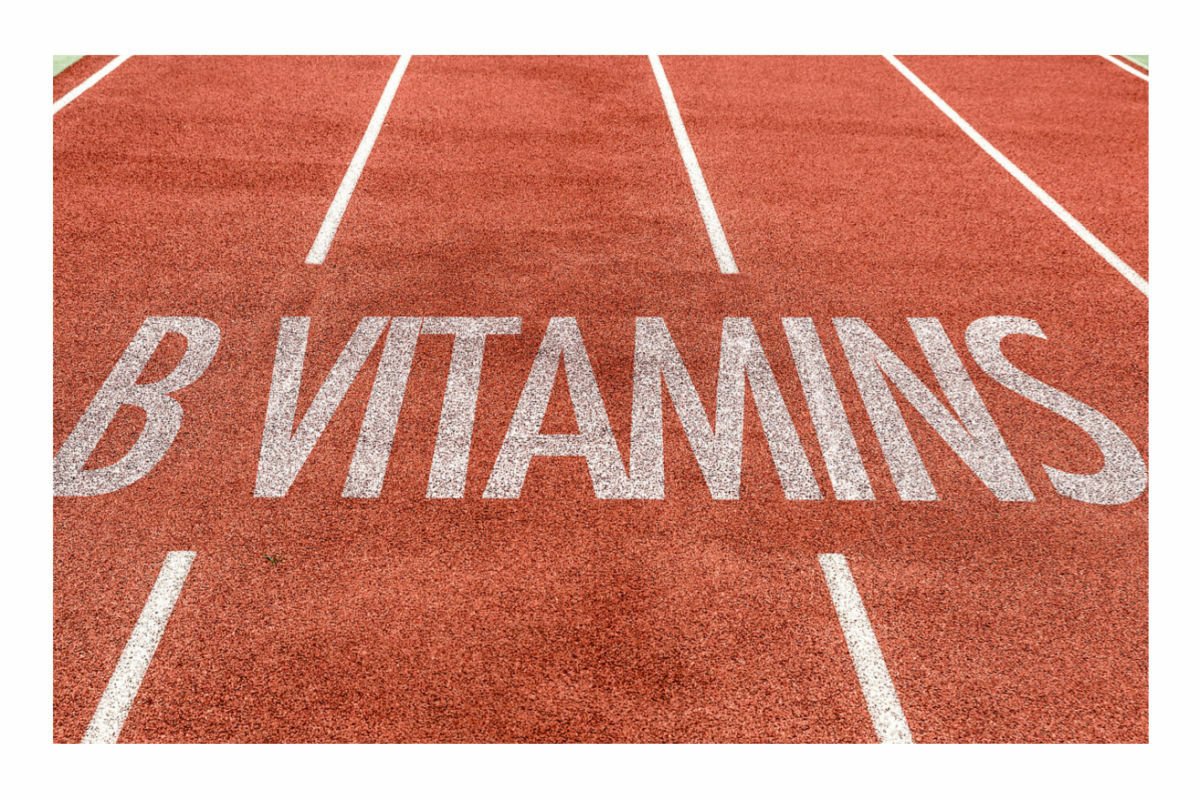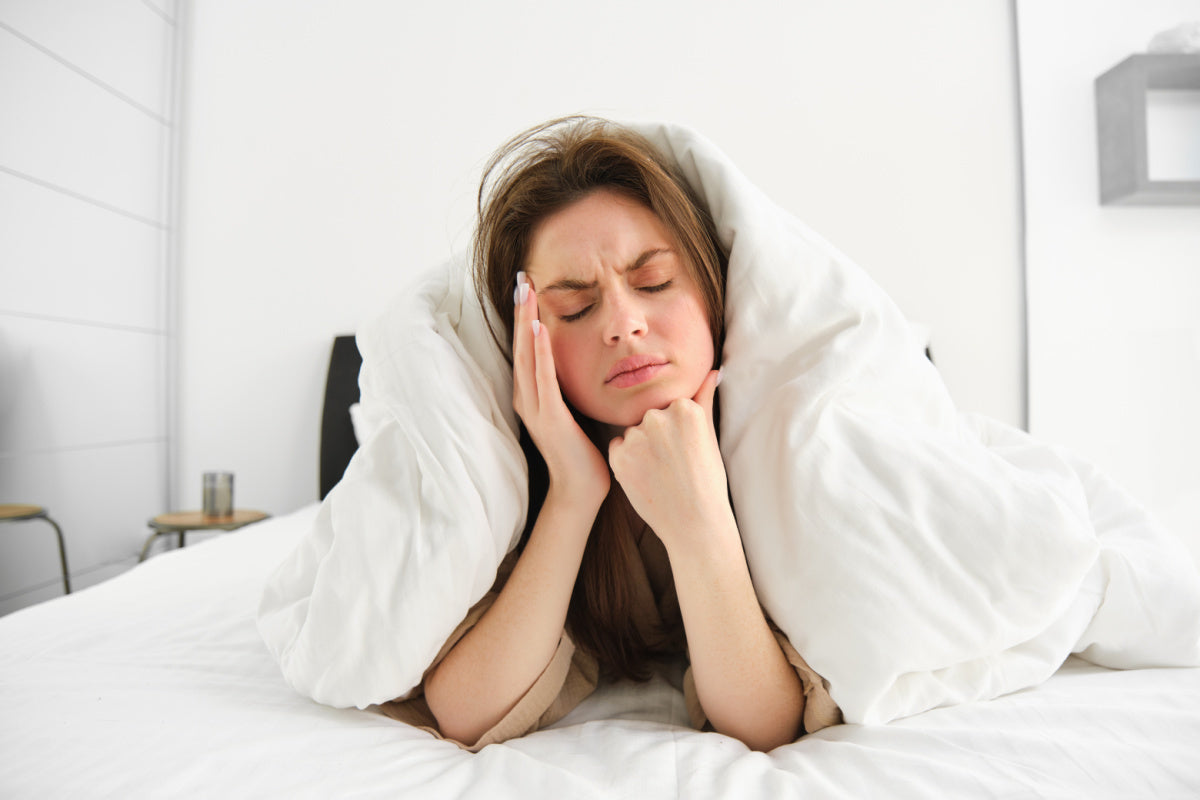
Does Alcohol Cause Vitamin B Deficiencies?
When consumed in moderation, alcohol does not typically cause vitamin B deficiencies in and of itself. However, chronic, and excessive alcohol consumption can absolutely lead to numerous forms of alcoholic malnutrition, including deficiencies in B vitamins.
How Does Alcohol Impact Vitamin B Levels?
Vitamin B isn’t just one vitamin—it’s actually a group that contains eight different vitamins:
- B1 (thiamine)
- B2 (riboflavin)
- B3 (niacin)
- B5 (pantothenic acid)
- B6 (pyridoxine)
- B7 (biotin)
- B9 (folate, or folic acid)
- B12 (cobalamin)
Heavy consumption of alcohol and vitamin deficiency, especially deficiencies in the B vitamins listed above, are strongly associated.
Overview of Vitamin B Deficiencies
B vitamins are vitamins that, for the most part, the body does not store. Instead, these water-soluble vitamins are excreted through the urine, which means that they must be consumed on a regular basis to avoid deficiencies. (This is a large part of why alcoholism and vitamin B deficiency are so closely associated - the body lacks the ability to replace depleted B vitamins, unlike many other important nutrients.) B vitamins can be found in a wide variety of dietary sources, including meat, dairy products, leafy greens, and beans.
In general, B vitamins are important for energy production (catabolic metabolism), as well as the synthesis of neurotransmitters (molecules that transport messages between neurons, and from neurons to muscles) and of bioactive molecules, such as DNA and RNA (which carry genetic “instructions” that cells follow). Broadly, B vitamin deficiencies may contribute significantly to neurological disorders along with many other forms of illness.
Thiamine Deficiency (Vitamin B1)
Thiamine deficiency is the most common vitamin deficiency in alcoholics - in fact, as many as 80 percent of those with chronic alcoholism end up developing thiamine deficiency. This is because alcohol makes it harder for the gastrointestinal system to absorb thiamine, and ethanol also depletes the liver’s storing of thiamine. A secondary cause of this deficiency in alcoholics is the fact that they tend to not consume enough nutrients in general, leading to alcoholic vitamin deficiency over time, including thiamine deficiency.
Thiamine's Role in the Body
Vitamin B1, also known as thiamine or thiamin, is an important nutrient that helps your body transform the food that you consume into energy (a process known more formally as “energy metabolism”). This means that it is necessary for your cells to develop and function normally. Thiamine can be particularly important for nervous system health, so chronic thiamine deficiency may cause debilitating neurological issues.
Wernicke-Korsakoff Syndrome (WKS)
Wernicke-Korsakoff Syndrome (WKS) is a serious brain condition that often arises as a result of a lack of thiamine in alcoholics. This is why thiamine is one of the most frequently recommended vitamins for those suffering from alcoholism.
WKS Symptoms and Effects
WKS is a potentially deadly disorder that actually consists of two separate yet related aspects: Wernicke’s encephalopathy and Korsakoff’s psychosis. (WKS is also referred to as “wet brain,” but since this term is stigmatizing, addiction experts advise that it should be avoided.)
Wernicke’s encephalopathy symptoms commonly include confusion, abnormal eye movements, changes to vision, and lack of muscle coordination. This condition is severe, but since its underlying cause is thiamine deficiency, it can typically be reversed with supplementation and proper treatment.
Unfortunately, however, an estimated 80 to 90 percent of alcoholics with Wernicke’s encephalopathy end up developing Kosakoff’s psychosis. This is a chronic neurological and psychological condition that has the ability to impair the formation of new memories and result in abnormal, out-of-character behavior.
Folate Deficiency (Vitamin B9)
Folate's Role in the Body
Folate is required for your body to create DNA and RNA, as well as for the cell division (mitosis) involved in tissue growth and repair. In addition, along with vitamin B12 and vitamin C, folate helps the body to deconstruct, utilize, and create proteins (a process known as protein metabolism). Folate is also thought to be required for the creation of new red blood cells.
Alcohol's Interference with Folate Absorption
Many people with alcoholism develop a folate deficiency since they do not commonly consume adequate amounts of folate through their diets (e.g., by eating green vegetables and fortified whole grains), and since alcohol may make it more difficult for the gastrointestinal system to absorb folate.
Risks of Folate Deficiency
Folate deficiency symptoms may include inflammation of the tongue (glossitis), diarrhea, confusion, peptic ulcers, mouth ulcers, and fatigue.
Since folate is thought to be essential to the formation of red blood cells, folate deficiency may also result in megaloblastic anemia. This is a condition wherein the bone marrow produces oversized and poorly functioning red blood cells, ultimately leading to anemia (i.e., when there are too few red blood cells to transport oxygen to the tissues).
Pyridoxine Deficiency (Vitamin B6)
Vitamin B6’s Role in the Body
Pyridoxine is commonly involved in the body’s creation of key neurotransmitters as well as the hormones serotonin, norepinephrine, melatonin, which govern mood and the body clock. Vitamin B6 is thought to also control blood levels of homocysteine, an amino acid that is believed to contribute to heart disease, so inadequate B6 intake may be associated with a greater risk of developing heart disease.
Impact of Alcohol on Vitamin B6 Metabolism
Those who chronically abuse alcohol often have lower levels of vitamin B6—in fact, more than half of those with pyridoxine deficiency are found to suffer from alcoholism. When the ethanol in alcoholic drinks is metabolized by the liver, this also typically results in the breakdown of pyridoxal phosphate, which leads to pyridoxine deficiency.
Symptoms of Vitamin B6 Deficiency
Symptoms of vitamin B6 deficiency may include:
- Skin inflammation (dermatitis)
- Red, greasy rash
- Numbness and tingling in the hands and feet
- Tongue inflammation
- Cracks in the corners of the mouth
- Confusion
- Irritability
- Seizures
- Anemia
Vitamin B Deficiencies and Neurological Disorders
Deficiency of vitamin B12 (cobalamin) in particular, may lead to serious neurological issues, some of which may be irreversible:
- Vision problems
- Memory loss
- Tingling or numbness in the extremities
- Loss of physical coordination (ataxia), making it hard to walk or speak
- Peripheral neuropathy, especially in the legs
Preventing Vitamin B Deficiencies
Balanced Nutrition
Eating a varied, balanced, and nutrient-dense diet is thought to be the best way to prevent vitamin B deficiencies. Some of the best sources of B vitamins include:
- Salmon
- Leafy greens like spinach, collards, and turnip greens
- Organ meats such as liver
- Eggs
- Milk and other dairy products
- Shellfish
- Legumes
- Meats such as beef, pork, chicken, and turkey
- Fortified breakfast cereals
- Sunflower seeds
Vitamin B Supplements
In addition to consuming foods that are naturally high in vitamin B, taking vitamin B supplements is yet another effective way to ensure that you don’t end up with a deficiency. However, keep in mind that the majority of people who eat a nutritious diet may not need to supplement daily with B vitamins; speak to your doctor for guidance on whether supplementation is appropriate for you.
The Best Electrolyte and Vitamin B Supplement
Capsulyte’s HYDRATION supplement was formulated by internal medicine physician Dr. Dan Nguyen, MD, MBA as a remedy for dehydration after a night of alcohol consumption. It is equally effective as a remedy for any form of fluid loss, including sweating caused by intense exercise or hot weather. In addition to electrolytes, HYDRATION also contains B vitamins, liposomal vitamin C, and zinc, all of which typically work synergistically to support the immune system and the body more generally following depletion of fluids.
If you are ready to discover more about how Capsulyte can support your body’s ability to recover from dehydration and other stressors, Visit the Capsulyte blog for more information.


